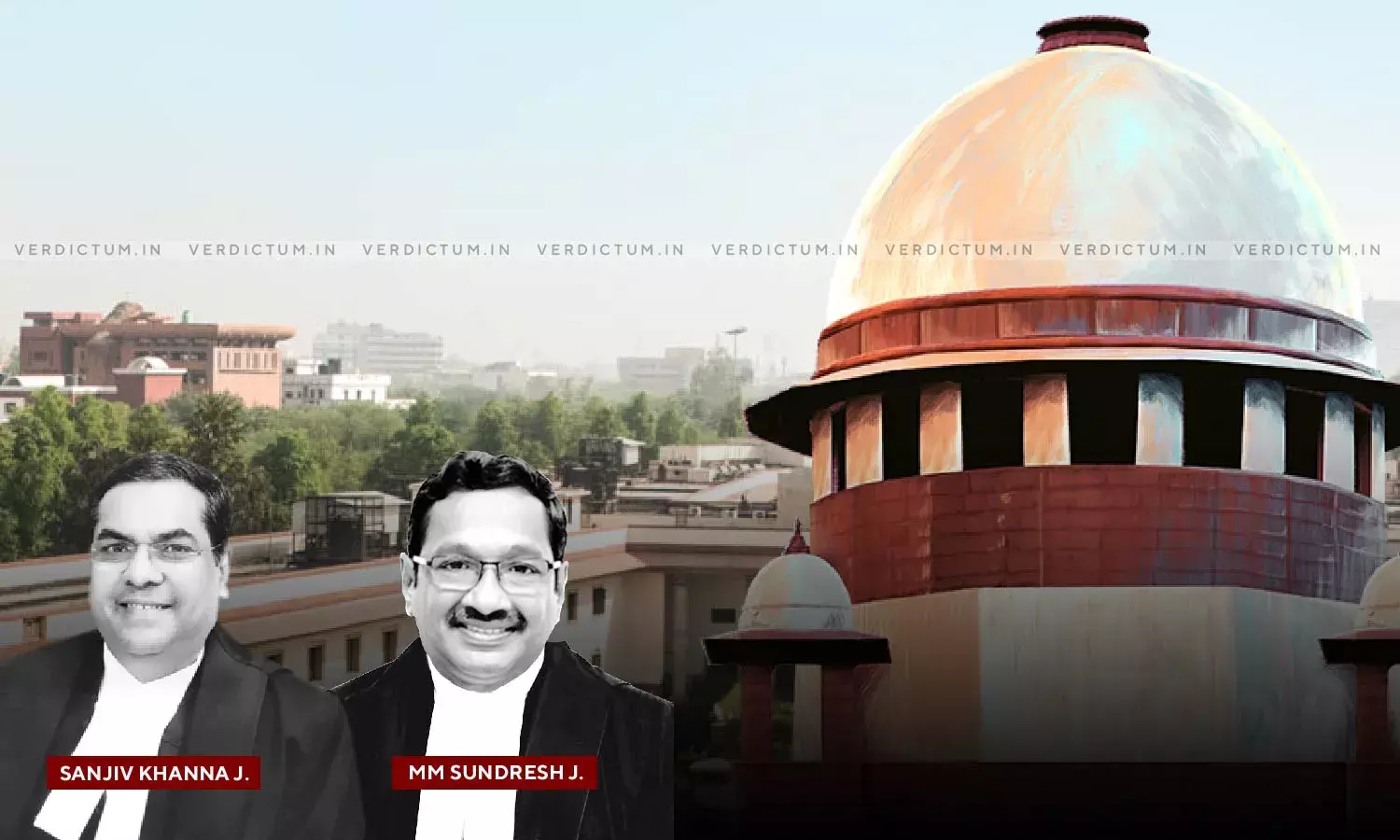SC Quashes Criminal Proceedings Against BSF Officer, Holds Continuation Of Prosecution Will Put Him To Harassment

The Supreme Court in an order dated January 30 has set aside an order of the Karnataka High Court that refused to quash criminal proceedings against an officer of BSF who had entered into a settlement agreement with his wife and had obtained a decree of divorce by mutual consent.
The Apex Court said that the petitioner who is an officer in the BSF (Border Security Force) and has to serve in different parts of the country, would be put to harassment by the continuation of the prosecution.
A Bench comprising Justice Sanjiv Khanna and Justice MM Sundresh said that “It is apparent that the parties have resolved and settled their disputes. In the facts of the case, we do not feel that any useful purpose would be served by continuation of the prosecution”.
The Court said that in cases of offences relating to matrimonial disputes, if the Court is satisfied that the parties have genuinely settled the disputes amicably, then for the purpose of securing ends of justice, criminal proceedings inter-se parties can be quashed by exercising the powers under Article 142 of the Constitution of India or even under Section 482 of Code of Criminal Procedure, 1973.
In 2011, the wife lodged an FIR under Sections 498A (Husband or relative of husband of a woman subjecting her to cruelty), 427 (Mischief causing damage to the amount of fifty rupees), 504(Intentional insult with intent to provoke breach of the peace) and 506 (Punishment for criminal intimidation) of the Indian Penal Code, 1860 and Sections 3 and 4 of the Dowry Prohibition Act, 1961 against the husband.
Subsequently, chargesheet was filed before the trial court, wherein charges under Sections 3 and 4 of the Dowry Prohibition Act, 1961 were specifically dropped, and no reference was made to the offence under Section 323 of the Indian Penal Code, 1860.
In 2012, the husband-wife entered into a settlement agreement and obtained a decree of divorce by mutual consent.
The husband applied before the Dharwad Bench of Karnataka High Court for quashing of the criminal proceedings arising out of FIR registered against him. The High Court denied interference despite the fact that the parties had already settled the matter.
Consequently, the Apex Court quashed criminal proceedings under Sections 498A, 427, 504 and 506 of the Indian Penal Code, 1860 and allowed the appeal, and set aside the impugned order.
Cause Title- SRI RANGAPPA JAVOOR v. The State of Karntaka & Anr.
Click here to download/read the Order

